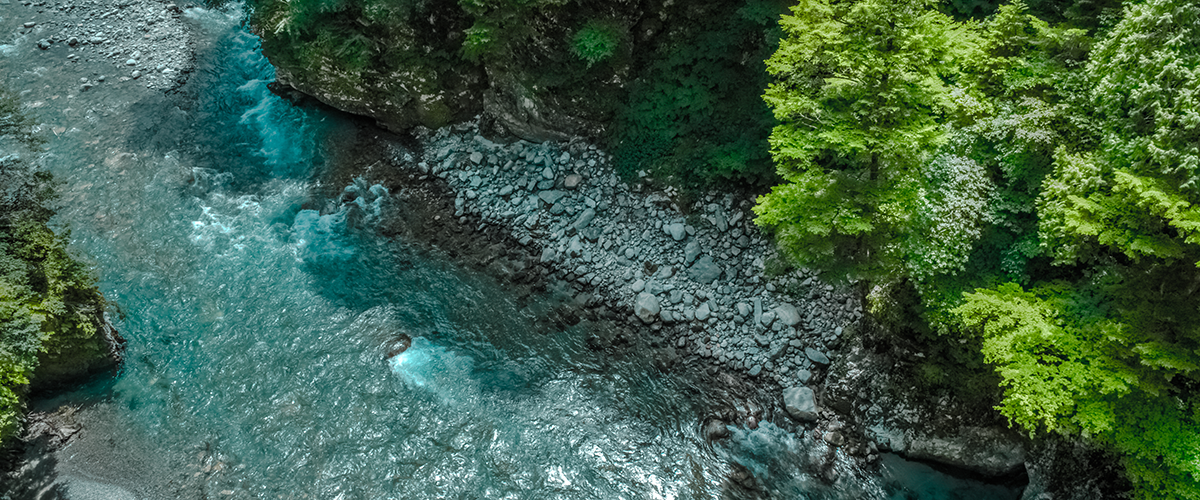By Nicole Herman-Mercer, Ronald Antweiler, Nicole Wilson, Edda Mutter, Ryan Toohey, Paul Schuster
Abstract:
This paper examines the quality of data collected by the Indigenous Observation Network, a community-based water-quality project in the Yukon River Basin of Alaska and Canada. The Indigenous Observation Network relies on community technicians to collect surface-water samples from as many as fifty locations to achieve their goals of monitoring the quality of the Yukon River and major tributaries in the basin and maintaining a long-term record of baseline data against which future changes can be measured. This paper addresses concerns about the accuracy, precision, and reliability of data collected by non-professionals. The Indigenous Observation Network data are examined in the context of a standard data life cycle: plan, collect, assure, and describe; as compared to professional scientific activities. Field and laboratory protocols and procedures of the Indigenous Observation Network are compared to those utilized by professional scientists. The data of the Indigenous Observation Network are statistically compared to those collected by professional scientists through a retrospective analysis of a set of water-quality parameters reported by all three projects over a number of years. No statistical differences were found among the three projects for pH, Calcium, Magnesium, or Alkalinity, although statistically significant differences were found for Sodium, Chloride, Sulfate, and Potassium concentrations. The statistical differences found were small and likely not significant in terms of interpreting the data for a variety of uses. Our results suggest that Indigenous Observation Network data are of high quality, and with consistent protocols and participant training, community based monitoring projects can collect data that are accurate, precise, and reliable.
Click here to access full text online
